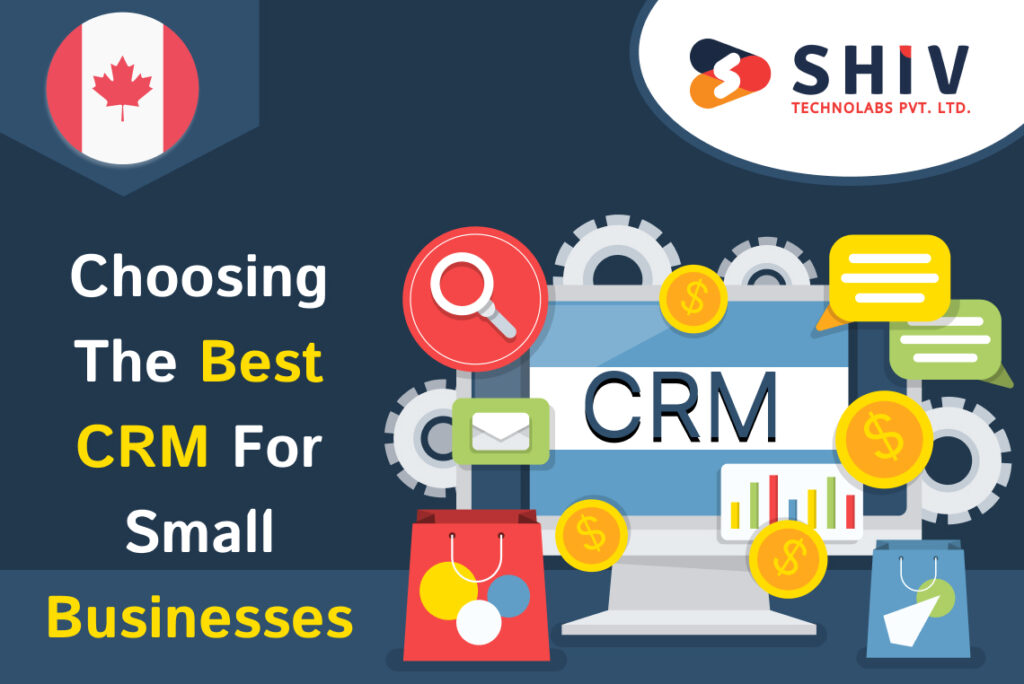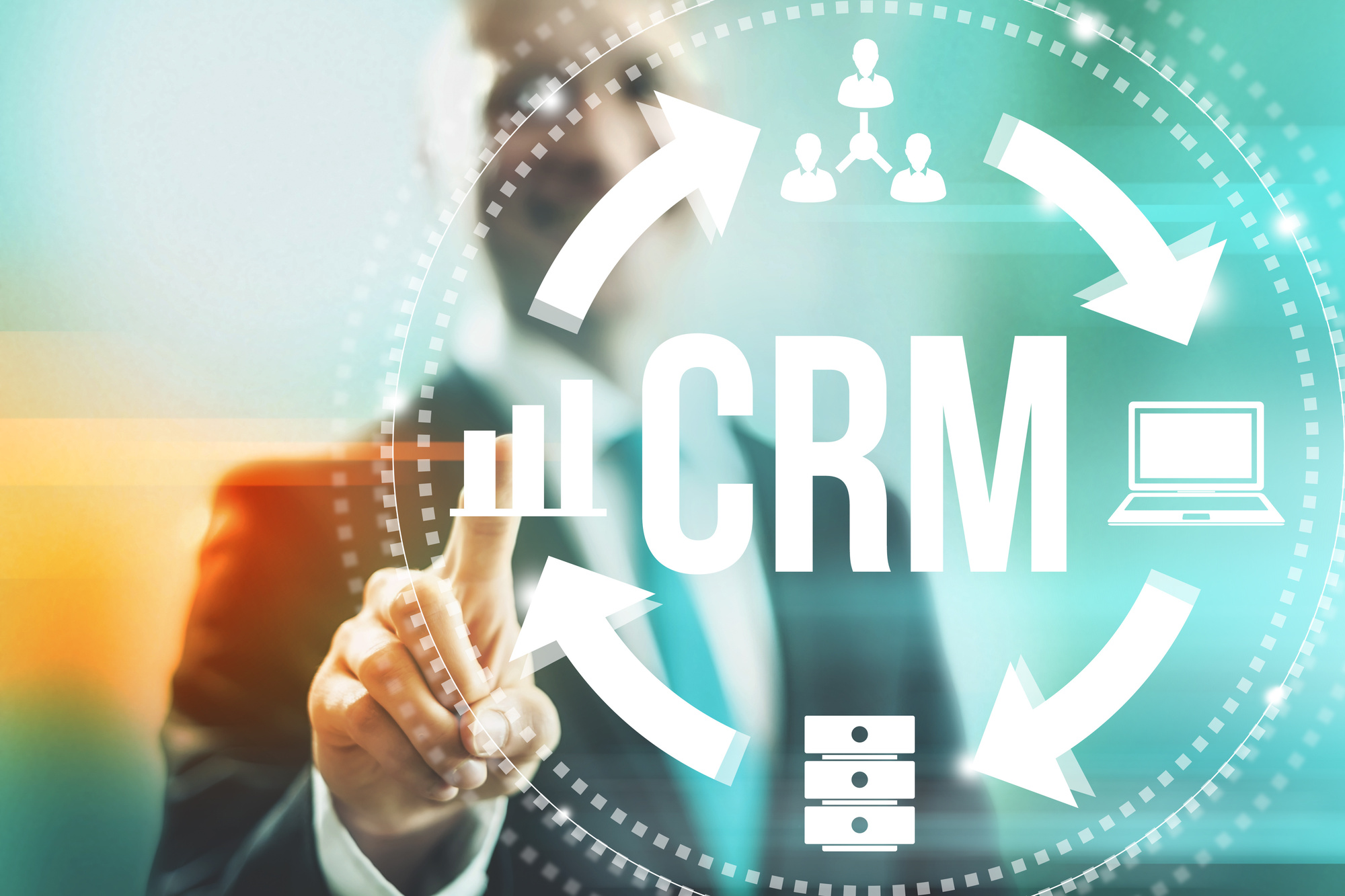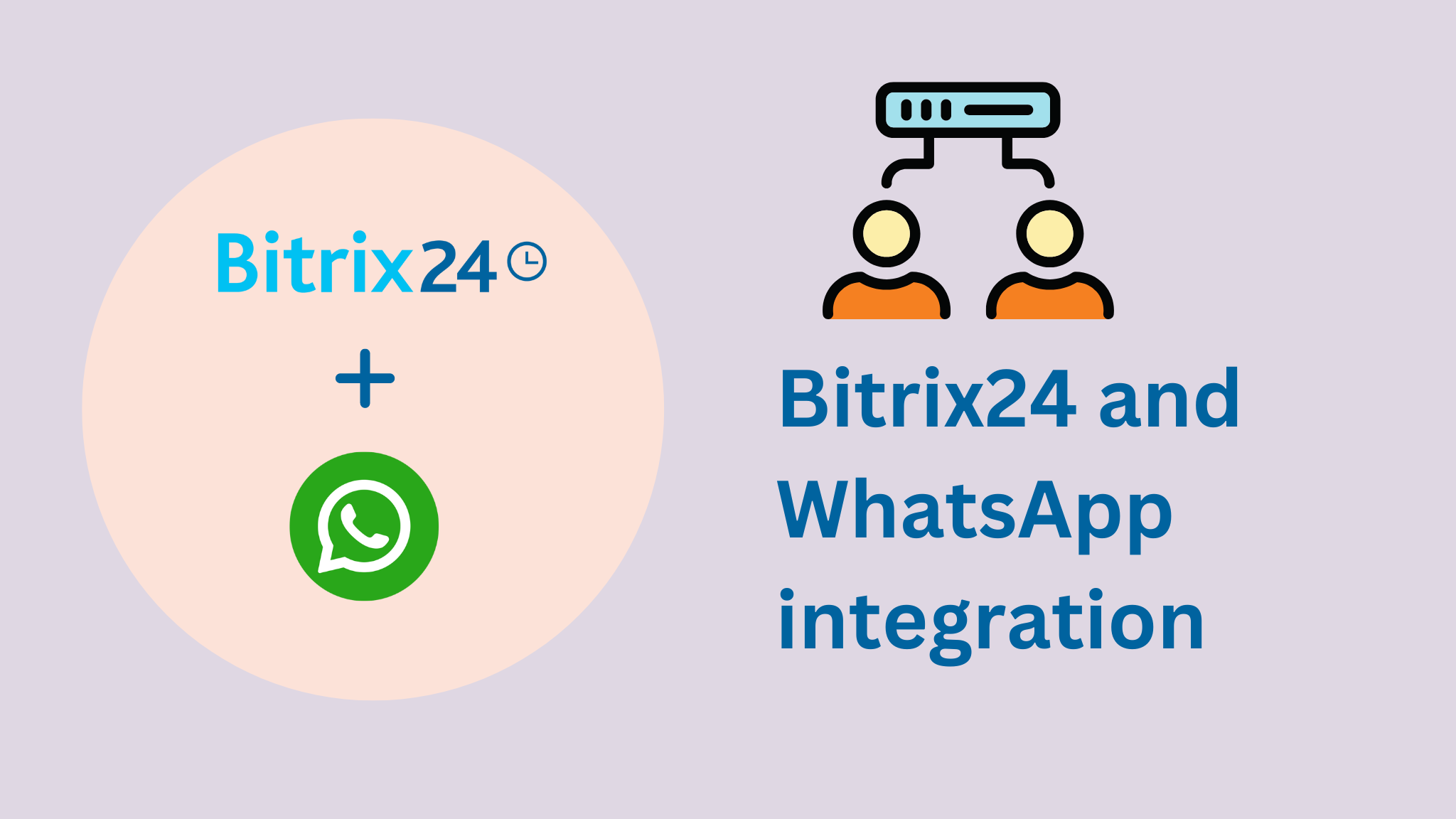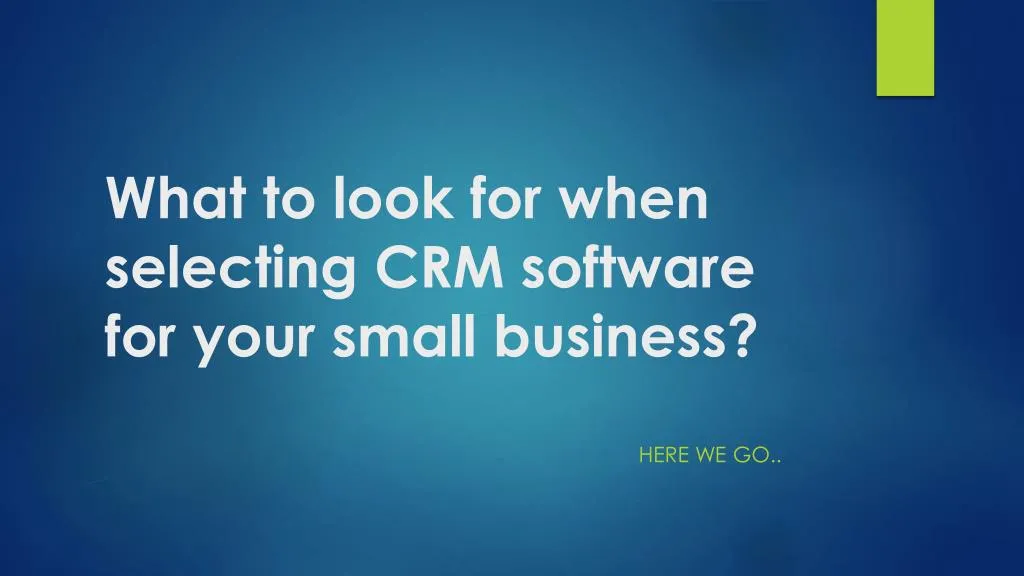
Introduction: Why Small Retailers Need a CRM
In the bustling world of retail, where competition is fierce and customer loyalty is the ultimate prize, having the right tools can make or break your business. For small retailers, navigating this landscape requires more than just a great product; it demands a deep understanding of your customers and the ability to build lasting relationships. This is where a Customer Relationship Management (CRM) system steps in, transforming how you interact with your clientele and manage your operations.
Gone are the days of relying solely on memory or spreadsheets to keep track of customer interactions. A CRM offers a centralized hub for all customer-related data, from contact information and purchase history to communication logs and preferences. This allows you to personalize your interactions, anticipate customer needs, and ultimately, drive sales. For small retailers, this means leveling the playing field against larger competitors by offering a superior customer experience.
This article delves into the best CRM systems specifically designed for small retailers in 2024. We’ll explore the key features to look for, the benefits these systems offer, and provide detailed reviews of top-rated platforms, helping you choose the perfect CRM to propel your retail business to new heights.
What to Look for in a CRM System for Small Retailers
Choosing the right CRM system is a crucial decision that can significantly impact your business’s efficiency and growth. Small retailers have unique needs, so it’s essential to select a CRM that aligns with your specific requirements. Here are some key features to consider:
Ease of Use and Implementation
For small businesses, time is a precious commodity. A CRM system should be easy to set up, navigate, and use without requiring extensive technical expertise. Look for a platform with an intuitive interface, clear instructions, and readily available customer support.
Contact Management
At its core, a CRM is about managing customer contacts. Ensure the system allows you to store and organize contact information, including names, addresses, phone numbers, email addresses, and social media profiles. The ability to segment your contacts based on various criteria (e.g., purchase history, demographics, interests) is also crucial.
Sales Automation
Sales automation features streamline your sales process, freeing up your time to focus on other aspects of your business. Look for features like automated email sequences, lead scoring, and sales pipeline management.
Marketing Automation
Marketing automation tools enable you to nurture leads, send targeted email campaigns, and track the performance of your marketing efforts. Features like email marketing, social media integration, and campaign analytics are valuable for small retailers.
Reporting and Analytics
Data is your friend. A good CRM system provides comprehensive reporting and analytics, allowing you to track key metrics such as sales performance, customer acquisition cost, and customer lifetime value. This data-driven insight helps you make informed decisions and optimize your strategies.
Integration Capabilities
Your CRM should seamlessly integrate with other tools you use, such as your e-commerce platform, point-of-sale (POS) system, accounting software, and email marketing platform. This integration streamlines data flow and eliminates the need for manual data entry.
Scalability
Choose a CRM that can grow with your business. As your customer base expands and your needs evolve, the CRM should be able to accommodate your growth without requiring a complete overhaul.
Mobile Accessibility
In today’s fast-paced world, mobile accessibility is a must-have. Ensure the CRM offers a mobile app or a responsive design that allows you to access and manage your customer data from anywhere, anytime.
Pricing and Value
Consider your budget and the value you’re getting for your money. Some CRM systems offer free plans with limited features, while others provide paid plans with more advanced functionality. Evaluate your needs and choose a plan that offers the best balance of features and affordability.
Top CRM Systems for Small Retailers: In-Depth Reviews
Now, let’s dive into detailed reviews of some of the best CRM systems for small retailers, considering the features mentioned above.
1. HubSpot CRM
Overview: HubSpot CRM is a popular choice for small businesses due to its user-friendly interface, comprehensive features, and generous free plan. It offers a robust suite of tools for contact management, sales automation, and marketing automation, making it a versatile solution for retailers.
Key Features:
- Contact Management: Centralized contact database with detailed customer profiles.
- Sales Automation: Deal tracking, task management, and email tracking.
- Marketing Automation: Email marketing, lead capture forms, and landing pages.
- Reporting and Analytics: Customizable dashboards and detailed reports.
- Integrations: Seamless integration with popular tools like Shopify, WooCommerce, and Mailchimp.
- Free Plan: Offers a generous free plan with essential features.
Pros:
- User-friendly interface and easy to learn.
- Comprehensive features for sales and marketing.
- Excellent free plan for small businesses.
- Strong integration capabilities.
Cons:
- Advanced features may require a paid plan.
- Limited customization options in the free plan.
Verdict: HubSpot CRM is an excellent choice for small retailers looking for a user-friendly and feature-rich CRM with a strong free plan. It’s particularly well-suited for businesses that want to streamline their sales and marketing efforts.
2. Zoho CRM
Overview: Zoho CRM is a powerful and affordable CRM system that offers a wide range of features for sales, marketing, and customer service. It’s a great option for small retailers who want a comprehensive solution without breaking the bank.
Key Features:
- Contact Management: Detailed customer profiles with activity tracking.
- Sales Automation: Lead management, sales pipeline management, and workflow automation.
- Marketing Automation: Email marketing, social media integration, and campaign management.
- Reporting and Analytics: Customizable reports and dashboards.
- Integrations: Integrates with various third-party apps, including e-commerce platforms and accounting software.
- Pricing: Offers a range of affordable pricing plans.
Pros:
- Feature-rich and customizable.
- Affordable pricing plans.
- Strong automation capabilities.
- Excellent customer support.
Cons:
- The interface can be overwhelming for beginners.
- Some advanced features may require a learning curve.
Verdict: Zoho CRM is a robust and cost-effective CRM system that provides a wealth of features for small retailers. It’s ideal for businesses that want to streamline their sales, marketing, and customer service processes.
3. Pipedrive
Overview: Pipedrive is a sales-focused CRM system designed to help sales teams manage their leads and close deals. It’s a great option for small retailers who want to focus on improving their sales performance.
Key Features:
- Sales Pipeline Management: Visual sales pipeline with deal tracking.
- Contact Management: Contact organization and activity tracking.
- Sales Automation: Automated email sequences, deal reminders, and task management.
- Reporting and Analytics: Sales performance tracking and forecasting.
- Integrations: Integrates with popular tools like Google Workspace, Mailchimp, and Zapier.
- Ease of Use: User-friendly interface and intuitive design.
Pros:
- User-friendly and easy to learn.
- Focus on sales pipeline management.
- Strong automation capabilities.
- Excellent for tracking sales performance.
Cons:
- Limited marketing automation features.
- May not be suitable for businesses with complex CRM needs.
Verdict: Pipedrive is an excellent choice for small retailers who want a sales-focused CRM system. It’s particularly well-suited for businesses that want to improve their sales pipeline management and close more deals.
4. Freshsales
Overview: Freshsales, from Freshworks, is a comprehensive CRM system that offers a range of features for sales and marketing. It’s a good option for small retailers who want a CRM that can handle their entire customer lifecycle.
Key Features:
- Contact Management: Detailed customer profiles with activity tracking.
- Sales Automation: Lead scoring, deal management, and workflow automation.
- Marketing Automation: Email marketing, lead nurturing, and campaign management.
- Reporting and Analytics: Customizable reports and dashboards.
- Integrations: Integrates with various third-party apps, including e-commerce platforms and help desk software.
- AI-Powered Features: Offers AI-powered features for lead scoring and sales insights.
Pros:
- Comprehensive features for sales and marketing.
- AI-powered features for enhanced insights.
- User-friendly interface.
- Good value for money.
Cons:
- May require a learning curve for advanced features.
- Some integrations may be limited.
Verdict: Freshsales is a comprehensive CRM system that offers a range of features for small retailers. It’s ideal for businesses that want a CRM that can handle their entire customer lifecycle and leverage AI-powered insights.
5. Agile CRM
Overview: Agile CRM is an all-in-one CRM that offers a blend of sales, marketing, and customer service features. It’s a good option for small retailers who want a comprehensive solution with a focus on automation.
Key Features:
- Contact Management: Contact management with detailed customer information.
- Sales Automation: Deal tracking, task management, and automated workflows.
- Marketing Automation: Email marketing, landing pages, and marketing campaign management.
- Reporting and Analytics: Reporting with sales and marketing metrics.
- Integrations: Integrates with various third-party apps.
- Pricing: Offers a free plan for up to 10 users.
Pros:
- All-in-one solution.
- Strong automation capabilities.
- Free plan available.
- Easy to use.
Cons:
- The interface can feel a bit cluttered.
- Some features may be limited in the free plan.
Verdict: Agile CRM is a good choice for small retailers who want a comprehensive, all-in-one CRM solution with a focus on automation. The free plan is a great option for businesses just starting out.
Benefits of Using a CRM for Small Retailers
Implementing a CRM system can bring a multitude of benefits to small retailers, leading to increased efficiency, improved customer relationships, and ultimately, higher profitability. Here are some key advantages:
Improved Customer Relationships
A CRM enables you to build stronger relationships with your customers by providing a 360-degree view of their interactions with your business. You can personalize your interactions, anticipate their needs, and offer tailored recommendations, leading to increased customer loyalty and satisfaction.
Increased Sales
By streamlining your sales process and providing valuable insights into your customer base, a CRM can help you close more deals and increase sales. You can identify and nurture leads, track sales performance, and optimize your sales strategies for better results.
Enhanced Efficiency
A CRM automates many of the repetitive tasks involved in managing customer data, freeing up your time to focus on more strategic initiatives. This includes automating email campaigns, managing appointments, and generating reports.
Better Data Management
A CRM provides a centralized repository for all your customer data, ensuring that your information is organized, accurate, and easily accessible. This eliminates the need for scattered spreadsheets and manual data entry, reducing the risk of errors and improving data accuracy.
Improved Marketing Effectiveness
A CRM helps you segment your customer base and create targeted marketing campaigns that resonate with your audience. You can track the performance of your marketing efforts and make data-driven decisions to optimize your campaigns for maximum impact.
Increased Customer Retention
By providing exceptional customer service and building strong relationships, a CRM can help you retain your existing customers. Happy customers are more likely to return to your business and recommend it to others, contributing to long-term growth.
Better Decision-Making
A CRM provides valuable insights into your sales performance, customer behavior, and marketing effectiveness, allowing you to make informed decisions and optimize your strategies. This data-driven approach can help you identify areas for improvement and drive business growth.
How to Choose the Right CRM for Your Small Retail Business
Choosing the right CRM system is a crucial decision that requires careful consideration. Here’s a step-by-step guide to help you select the perfect CRM for your small retail business:
1. Assess Your Needs
Before you start evaluating different CRM systems, take the time to assess your business needs. What are your current pain points? What are your goals for using a CRM? What features are essential for your business?
Consider the following questions:
- What are your sales goals?
- How many customers do you have?
- What is your average order value?
- What is your current sales process?
- What marketing strategies do you use?
2. Define Your Budget
Determine how much you are willing to spend on a CRM system. Consider the cost of the software, implementation, training, and ongoing support. Remember that the most expensive CRM isn’t necessarily the best; the ideal solution is one that offers the best value for your money.
3. Research Different CRM Systems
Once you have a clear understanding of your needs and budget, research different CRM systems. Read reviews, compare features, and explore pricing plans. Take advantage of free trials to test out the software and see if it’s a good fit for your business.
4. Consider Integration Capabilities
Ensure the CRM system integrates with other tools you use, such as your e-commerce platform, POS system, accounting software, and email marketing platform. Integration streamlines data flow and eliminates the need for manual data entry.
5. Prioritize User-Friendliness
Choose a CRM system that is easy to use and navigate. The platform should have an intuitive interface, clear instructions, and readily available customer support. A user-friendly CRM will ensure that your team can quickly adopt the system and realize its benefits.
6. Evaluate Customer Support
Consider the level of customer support offered by the CRM provider. Look for a provider that offers responsive and helpful support via phone, email, or live chat. Good customer support is essential for resolving any issues and getting the most out of your CRM system.
7. Start with a Pilot Project
Before fully implementing a CRM system, consider starting with a pilot project. Select a small group of users and test the software with a limited set of features. This will allow you to identify any issues and make adjustments before rolling out the CRM to your entire team.
8. Train Your Team
Provide adequate training to your team to ensure they can effectively use the CRM system. Offer training sessions, create user guides, and provide ongoing support. This will help your team adopt the system quickly and maximize its benefits.
9. Monitor and Evaluate
After implementing the CRM system, monitor its performance and evaluate its effectiveness. Track key metrics such as sales performance, customer satisfaction, and marketing ROI. Make adjustments as needed to optimize your CRM usage and achieve your business goals.
Conclusion: Embracing CRM for Retail Success
In today’s competitive retail landscape, a CRM system is no longer a luxury; it’s a necessity. By implementing the right CRM, small retailers can gain a significant advantage, building stronger customer relationships, increasing sales, and driving long-term growth. By carefully considering your needs, researching different options, and following the guidance provided in this article, you can choose the perfect CRM system to empower your retail business and unlock its full potential.
The journey to success in retail is paved with strong customer relationships and efficient operations. A CRM system is the cornerstone of this journey, providing the tools and insights you need to thrive in a dynamic market. Don’t wait; start exploring the possibilities of CRM today and watch your retail business flourish.




